Scotland growing faster than any other home nation last year, outstripping England – Northern Ireland lags behind according to GS1 who saw a 61% increase in the number of Scottish businesses joining the barcode organisation in the past 12 months.
Typically, companies join GS1 UK for access to standardised barcodes (GTINs), allowing them to trade efficiently and opening the door to national and international markets via marketplaces such as eBay and Amazon as well as traditional retailers such as Tesco and John Lewis.
It’s worth noting that largely the growth in GS1 membership may be due to the Internet where GTINs are required by most search engines and marketplaces. In the past, a business could use internal SKUs but totally unique numbers are required when selling online. In addition with in today’s connected world with electronically shared supply chains, unique identifiers are required for components and products all the way from the manufacture through distribution channels to the retailer.
Scotland vs other UK Countries breakdown
Over the last 12 months, the number of businesses joining GS1 UK rose by 46% across the UK. Scotland saw the fastest growth of any home nation (61%), ahead of England (47%), and comfortably outstripping Wales (7%). Northern Ireland, however, saw no growth – with the same number of businesses joining in 2017 as in 2016.
Business verticals and Marketplaces
Four industries stood out, with 51% of the new joiners in Scotland coming from: Drinks & Beverages, Apparel, Food & Grocery, and Health & Beauty. Health & Beauty made up 8% of the Scottish new joiners, with the Drinks industry (both alcoholic or non-alcoholic) 13% and 14% in Apparel – including clothing, footwear, accessories. 16% of new joiners were from Food & Grocery.
Marketplaces dominated the business models for members in the Apparel sector with 71% selling via Google, eBay, and Amazon. Turnover among joiners from the Food & Grocery industry averaged at £8,592,000. While turnover among joiners in Drinks & Beverages averaged just £403,000, new members ranged from a small business at its launch stage producing soft drinks – to a privately-owned distillery established in 1967.
Regional variations
On a regional basis, the fastest growth was recorded in the East Midlands, where there was a 69% increase in the number of businesses joining the barcode organisation – outstripping growth anywhere else in the UK including London. Meanwhile 1,433 businesses in the capital became members, which represented a 64% rise on 2016.
In London, more businesses became members in the W, N, E, and SW postcode areas than did in the EC postcode area, the home of Silicon Roundabout, with 170 based in the W postcode, compared to 138 in the EC postcode area. However, EC1 and EC2 did see 188% growth in members joining in 2017 than 2016, making EC the fastest-growing postcode area in the country.
The rate of growth across the Northern Powerhouse was dwarfed by that across the Home Counties. The number of businesses joining GS1 UK across the cities of Manchester, Liverpool, Leeds, Sheffield, Hull, and Newcastle rose by 44% – less than the national average. While London saw a 64% increase in membership, 50% more businesses joined GS1 UK from the home counties – Berkshire, Buckinghamshire, Essex, Herefordshire, Kent, Middlesex, and Surrey.
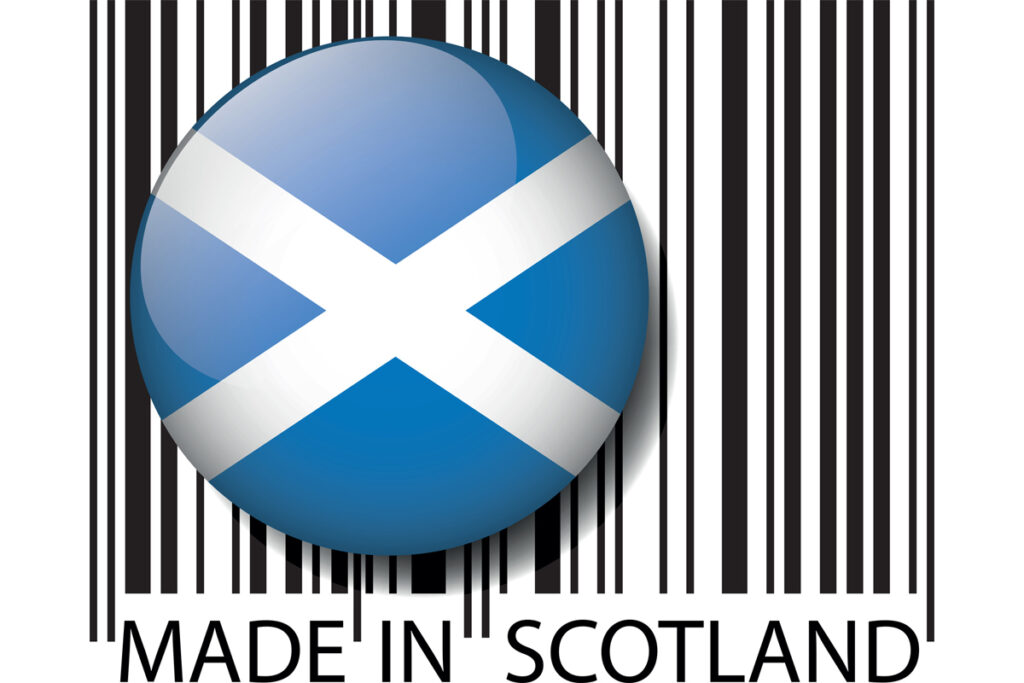
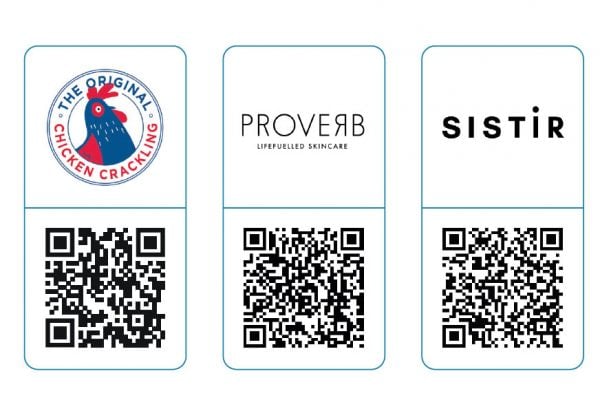
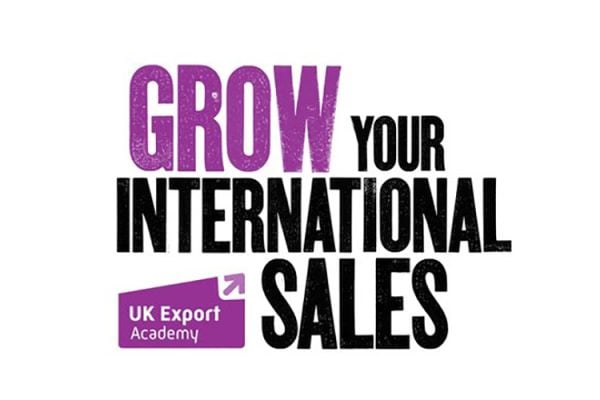


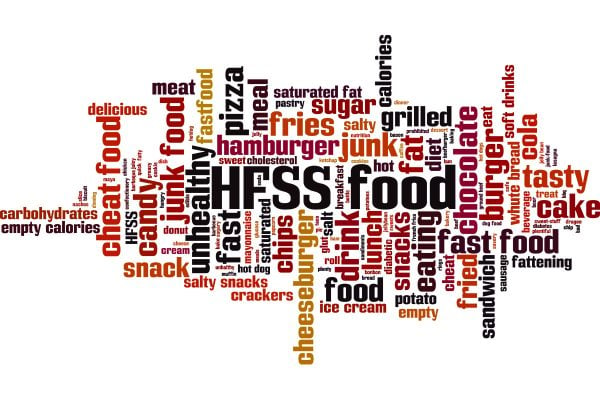

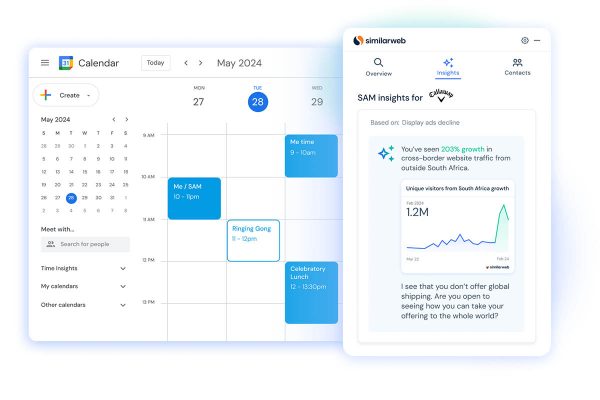
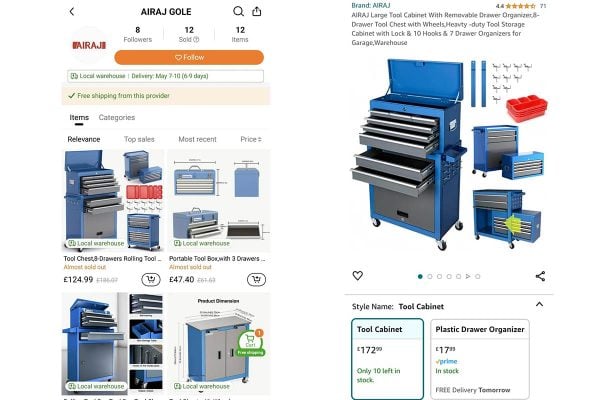

One Response
It is all those new GIN distilleries, think every village and town has a GIN named after it right now. Lot of home grown food also, you just need to go to a fare and their is a stall, some nice stuff also, we got some jars of chutney from a independent seller at the Edi Christ markets and already re-ordered from them them online, not the sort of stuff your going to find in a supermarket.
Lack of Opportunity has always been a downside in Scotland, poor paying jobs etc, so people have to go out their and make their own.